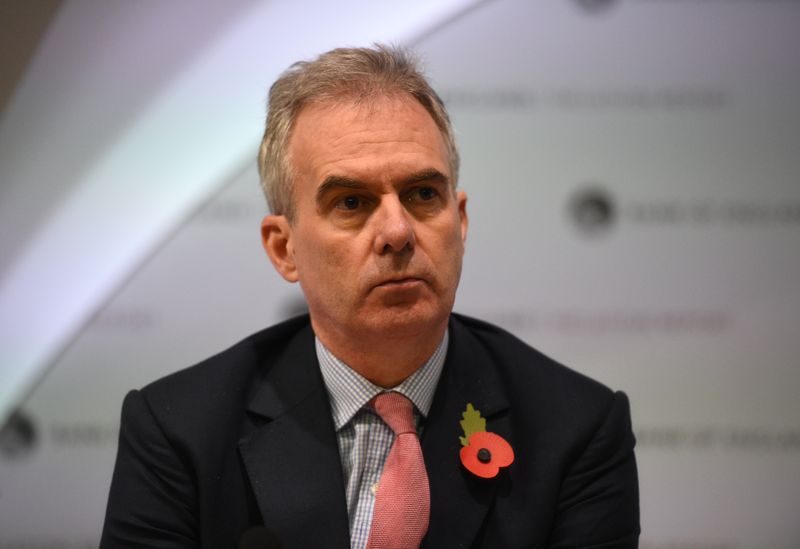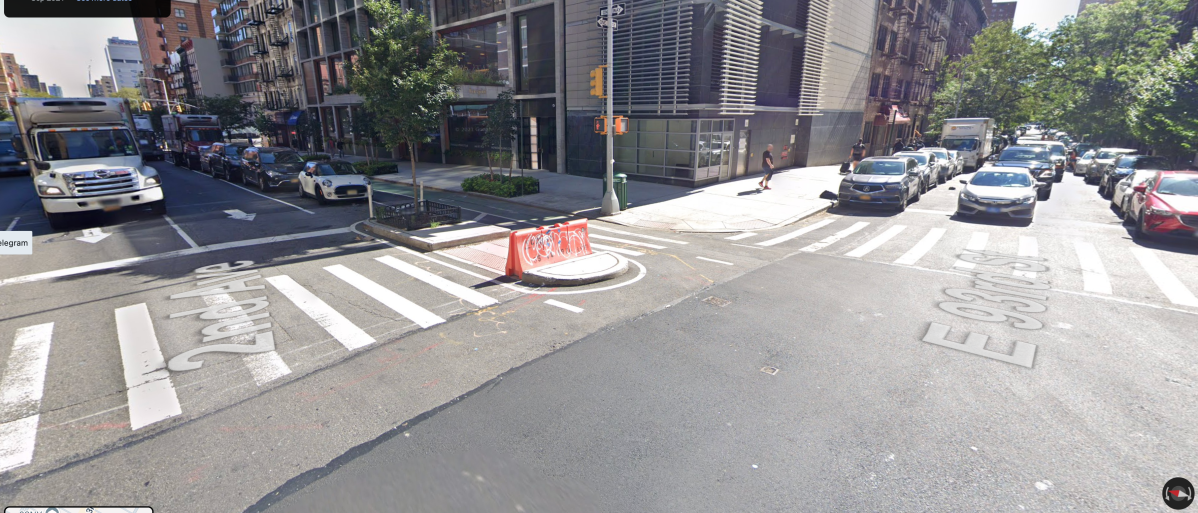LONDON (Reuters) – Bank of England Deputy Governor Ben Broadbent said on Monday that Britain’s economy might be slow to recover once the government relaxes its coronavirus lockdown, if people remain wary about resuming their everyday lives as before.
“The question that we will have to think about is whether behavioural responses of people mean that even if the government-imposed lockdown is lifted, demand may remain weak in some areas just out of people’s natural caution.” he said.
Broadbent said a 35% contraction in Britain’s economy in the second quarter, included in a scenario from the country’s budget forecasters, did not look unrealistic, echoing comments by BoE Governor Andrew Bailey last week.
The forecasters pencilled in a rapid rebound, which Broadbent said was “certainly possible” if it was not overwhelmed by increased caution among consumers and businesses.
Already sectors such as construction had halted activity despite there being no British government requirement for them to do so, he said in an online presentation to businesses.
The BoE has sought to cushion the hit to Britain’s economy by rushing out a string of emergency moves including cutting rates to an all-time low of 0.1% and ramping up the BoE’s bond-buying by a record 200 billion pounds ($250 billion).
It has also worked with the government to try to help companies access credit as they struggle to cope with the unprecedented shutdown.
BoE Chief Economist Andy Haldane added his voice to the support given last week by Bailey to the idea of offering 100% government guarantees to the smallest loans – compared with 80% in the plan as a whole.
He said the idea – which has been proposed as a way to break a backlog of loan applications being handled by banks – was under consideration by Britain’s finance ministry.
“Ultimately though those are decisions for government, as they involve the public purse. But those schemes are certainly, I think, worth reflecting on, as I know the Treasury are doing,” Haldane said.
Banks were not getting money to businesses fast enough under the current scheme, he added.
Broadbent said he expected British inflation to fall “pretty steeply”, pushed down by tumbling global oil prices, and the consumer price index to sink below 1% in the coming months, less than half the BoE’s 2% target.
(Reporting by David Milliken; Writing by William Schomberg)




















